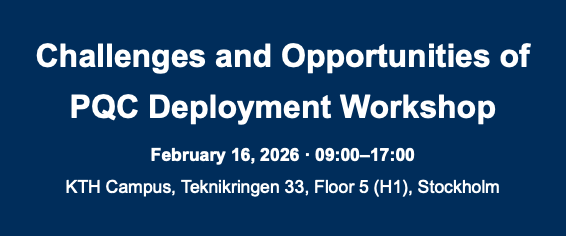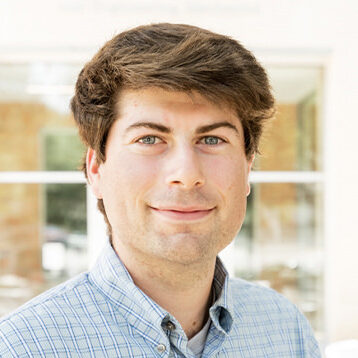Date and time: Friday 16 May 2025, 09:00-14:00 (lunch included)
Where: Digital Futures hub, Osquars Backe 5, floor 2 at KTH main campus
Directions: https://www.digitalfutures.kth.se/contact/how-to-get-here/
Program
09:00 – 09:10 Introduction
09:10 – 10:00 KEYNOTE: Gender equality in academia by Prof. Paul Walton
10:00 – 11:00 Panel discussion
11:00 – 12:00 Brainstorming session: in small groups, participants will be able to propose future activities and events in this area
12:00 – 13:00 Lunch
13:00 – 14:00 Groups presentations & final remarks/discussion
Moderator: Associate Professor Sandra Pauletto, Media Technology and Interaction Design, KTH, Associate Director for Mobility, Diversity and Inclusion at Digital Futures
Rigorous research involves embracing inclusive practices at every step, from the original research questions to gathering data, selecting collaborators, interpreting findings and developing solutions.
By addressing barriers to pursuing careers in digitalization research and its implementation, we foster innovation, promote equality, and drive excellence.
In this Digital Futures workshop we will focus on gender equality. Through a keynote and a panel session, we will have the chance to discuss international and national perspectives, and during a brainstorming session, in small groups, participants will be able to propose future activities and events in this area.
Karl H. Johansson Director of Digital Futures said: “Advancing gender equality in research is essential to realizing Digital Futures vision of research excellence and achieving a sustainable future”
Guests and panellists
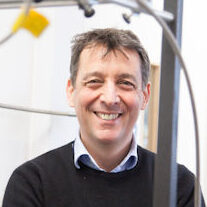
KEYNOTE SPEAKER: Professor Paul Walton, Chemistry Department, The University of York, UK (Keynote) International expert on equality issues in science.
KEYNOTE: Gender equality in academia
Abstract: Over nearly all scientific organisations, across every country and across time one finds that the progression of women in research/academia is significantly hindered when compared to men. Such a universal truth represents an enormous loss of talent, including in our very own academic communities. Recent years have seen some progress in understanding the principal factors behind this phenomenon and there has been some progress in new schemes which are designed to address the lack of women in senior scientific positions. These schemes have also met with some resistance which, in itself, has been revealing of the reasons why there is such a difference in the progression rates of men and women in science. This presentation discusses some of the evidence behind gender inequality in academia, and—most importantly—how that can be translated into day to day practice within an academic context.
Bio: Paul Walton obtained his PhD in 1990 (University of Nottingham, UK), followed by two years as a NATO/SERC postdoctoral fellow at the University of California, Berkeley, USA. He joined the Department of Chemistry at York as a faculty member in 1993. Between 2004 and 2010 he was chair of department. His main research area is bioinorganic chemistry, in which he has made contributions to the understanding of copper oxidases, including the discovery of the histidine brace.
He is the recipient of multiple national* and international** awards, including:
- Teaching: RSC’s Higher Education Teaching Award,** Vice-Chancellor’s Teaching Award.
- Research: Gertrude Cropper Award, RSC’s Joseph Chatt Award,** IChemE’s Global Energy Award,** RSC’s Rita and John Cornforth Award,** University of Chalmers Jubilee professor 2020.**
- Equality: Royal Society’s inaugural Athena Prize* (runner-up). WISE man of the year shortlist.*
He has also been Editor of Dalton Transactions (2004-2008), chair of Heads of Chemistry UK, chair of the Royal Society of Chemistry’s Diversity Committee, was named as a ‘Person of Influence’ by the University of Toronto’s Women in Chemistry Group and is one of the RSC’s 175 Faces of Chemistry. Paul is an internationally-known advocate of equality in sciences and lectures widely on the subject.
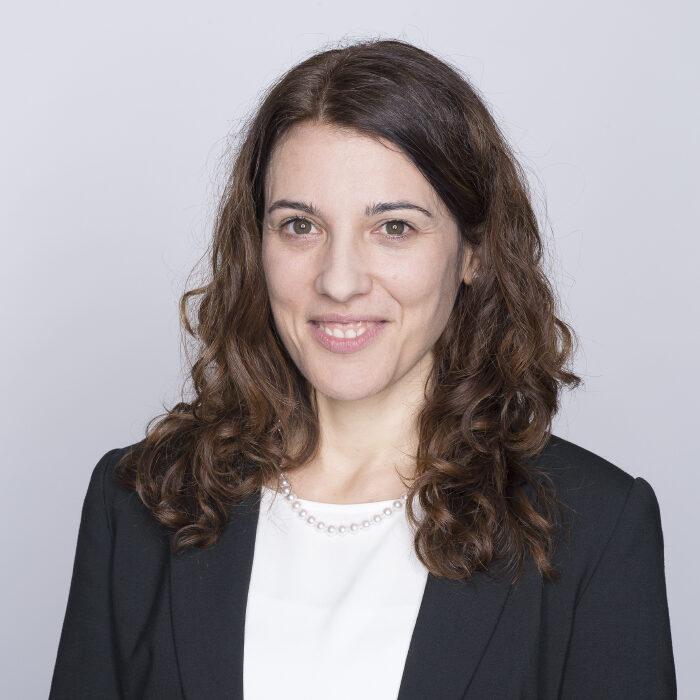
Professor Silvia Mastellone, University of Applied Sciences and Arts Northwestern Switzerland, Lead of Centre for a Sustainable Inclusion in Automation initiative.

Professor Anna Wahl, Professor Gender, Organization and Management, Former Vice president for Gender equality, KTH.
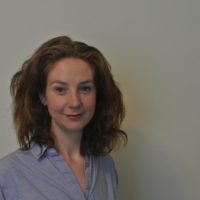
Professor Madeline Balaam, Media Technology and Interaction Design, KTH, Fem Tech Feminist Tech Focus Period Lead
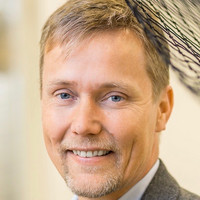
Professor Karl H. Johansson, Director of Digital Futures, KTH
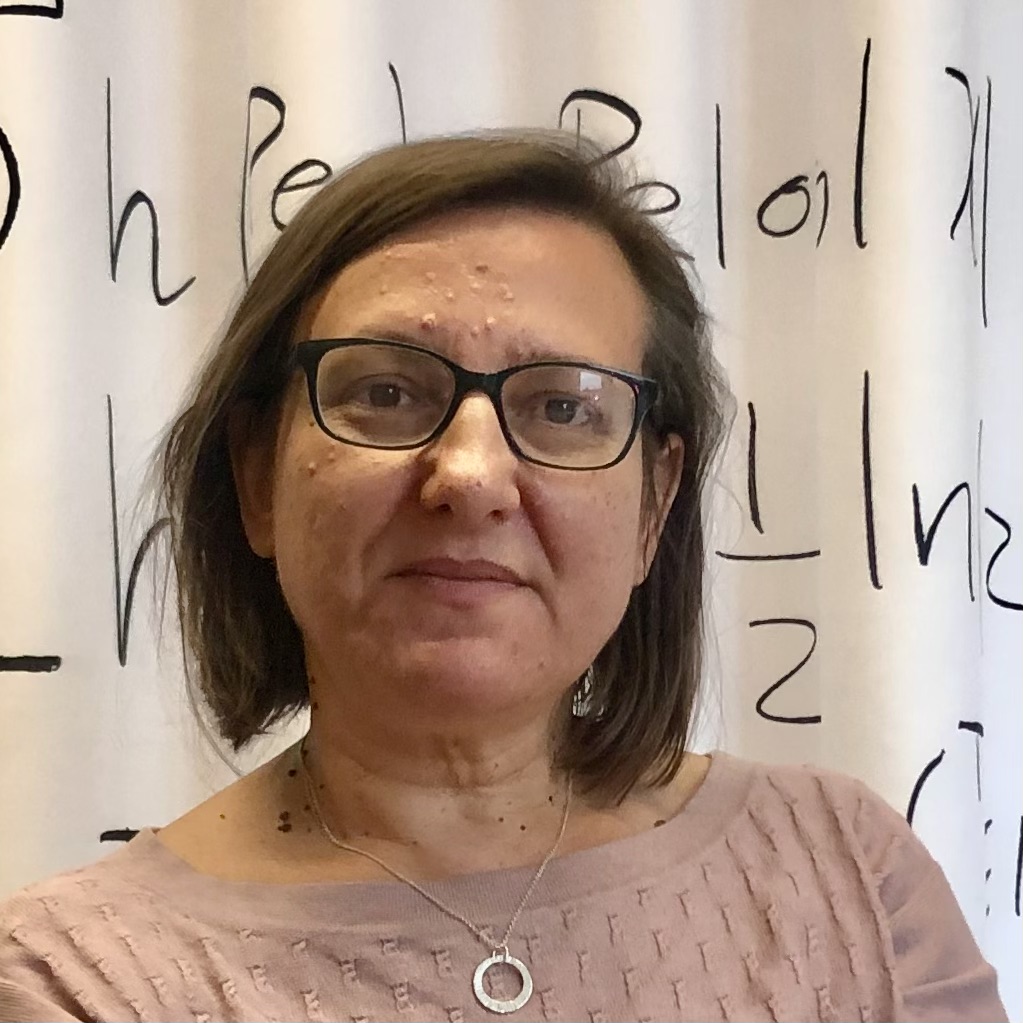
Moderator: Associate Professor Sandra Pauletto, Media Technology and Interaction Design, KTH, Associate Director for Mobility, Diversity and Inclusion at Digital Futures.
Warm welcome!



